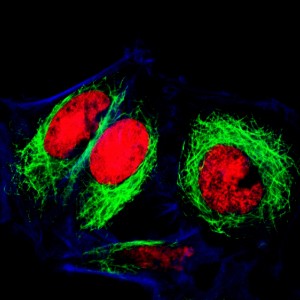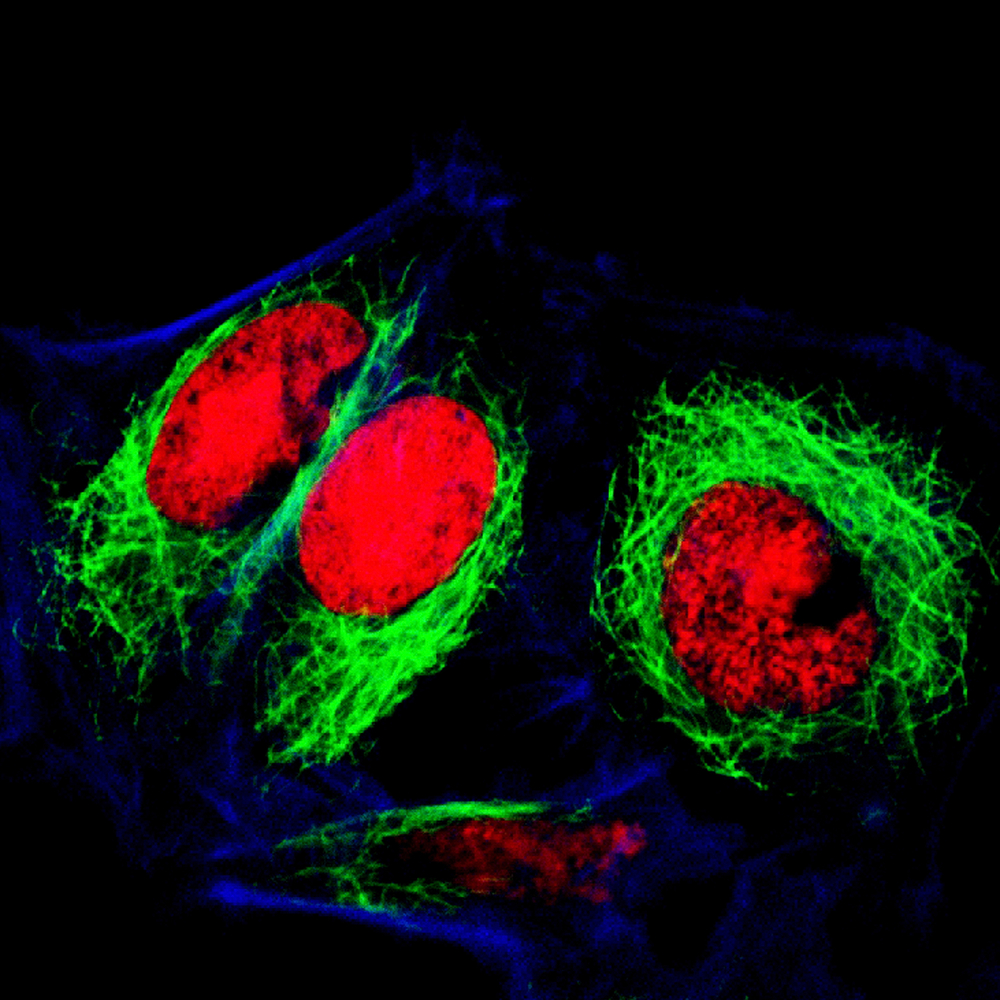 During the World Molecular Imaging Congress in Seoul, South Korea, MabVax Therapeutics Holdings, Inc. together with the Department of Radiology at Memorial Sloan-Kettering Cancer Center (MSKCC) presented the latest results on MabVax’s investigational antibody HuMab 5B1.
During the World Molecular Imaging Congress in Seoul, South Korea, MabVax Therapeutics Holdings, Inc. together with the Department of Radiology at Memorial Sloan-Kettering Cancer Center (MSKCC) presented the latest results on MabVax’s investigational antibody HuMab 5B1.
The work, presented by Jacob Houghton, Ph.D. and Jason Lewis, Ph.D. of MSKCC, showed the antibody’s capacity to carry two distinct imaging agents, which significantly improved imaging of pancreatic tumors and allowed more efficient cancer resections.
HuMab 5B1 is a fully humanized antibody that was retrieved from patients who were being cancer-vaccinated at MSKCC, and has entered its manufacturing phase so clinical supplies can be produced for a planned Phase 1 program that will begin in the second half of 2015.
This antibody has shown impressive results, specifically as a cytotoxic cancer agent in animal models of different types of cancer, such as pancreatic, colon, and small cell lung cancer.
HuMab 5B1 can be radiolabeled to become a PET imaging agent. So far, research results have shown it can deliver high image resolution of tumors in animal models.
In the work presented during the meeting, HuMab 5B1 was conjugated with a near-infrared fluorescent agent (NIRF) for optical imaging and desferrioxamine (DFO) for PET imaging. The researchers observed that each individual construct was successful in illuminating the targeted tumors. Furthermore, a dual-labeled construct that could combine both modalities into a single build was designed, yielding high-resolution PET images of tumors, along with respective metastases. Furthermore, it also enhanced tumor imaging during resection in animal models of pancreatic cancer.
“With five-year survival rates in pancreatic cancer of only 5% and more than half of all patients initially diagnosed already having metastatic disease, the difficulties in identifying distant metastases that often go undetected as well as problems defining tumor margins during resection are both major concerns that affect outcomes for pancreatic cancer patients. This study showed favorable results for the dual labeled antibody in detecting human pancreatic cancer cells in the animal model,” J. David Hansen, President and CEO of the Company, said in a press release.
These results demonstrate the potential of HuMab 5B1 as an imaging agent that can help improve diagnosis, staging, and resection of pancreatic cancer.


